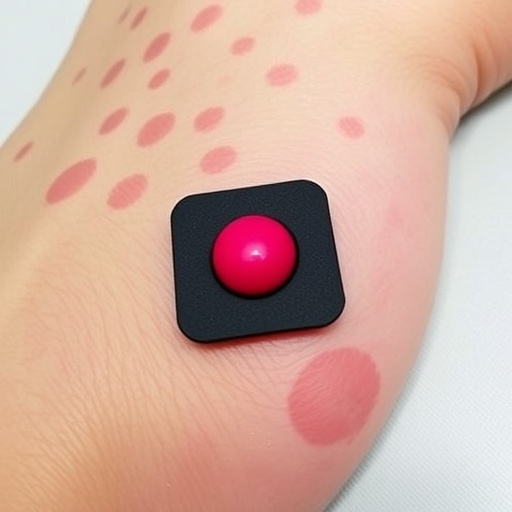Many prisons today use sanctions to discipline prisoners, including segregating them from other inmates, transferring them away from other inmates, and removing them from rehabilitation programs. A new longitudinal study that sought to determine the effect of these sanctions on recidivism found that prisoners who had greater exposure to formal sanctions were more likely to re-offend 1, 2, and 3 years after release; formal sanctions involve punishment for misconduct after a rules infraction board finds an inmate guilty.
The study, by researchers at the University of Cincinnati, appears in Criminology & Public Policy, a publication of the American Society of Criminology.
“Contemporary sanctioning policies are generally intended to reduce inmates’ social freedoms by, for example, removing them from the general population and isolating them in a cell,” explains Ian Silver, a doctoral student at the University of Cincinnati, who led the study. “We speculated that formal sanctions that reduced social freedoms also reduced access to prosocial opportunities during or after imprisonment, and that this can trap inmates in an antisocial lifestyle, which increases the likelihood that they will re-offend after being released from prison.”
Using data collected by the Evaluation of Ohio’s Prison Programs, one of the largest assessments of prison programs in the United States, the study looked at 63,772 inmates incarcerated between January 2008 and June 2012. The inmates were also studied after release.
The researchers found higher levels of sanctioning during imprisonment were associated with a higher probability of reincarceration following imprisonment. They discovered this association by classifying individuals into groups with different rates of formal sanctions over time and using that classification to predict recidivism following the inmates’ release from prison.
“Our study has implications for practice and policy,” notes Joseph L. Nedelec, assistant professor in the School of Criminal Justice at the University of Cincinnati, who coauthored the research. “We recommend that the frequency and severity of sanctions be reduced when feasible to lower the number of inmates who may get further ensnared in an antisocial lifestyle.
“We also recommend that correctional departments redesign their sanctioning policies so when they discipline inmates, they give prisoners more, not less, access to prosocial opportunities, such as evidence-based rehabilitation programs, vocational programs, and visitation with positive influencers.”
###
The research was supported by the Ohio Department of Rehabilitation and Correction.
Summarized from Criminology & Public Policy, Ensnarement During Imprisonment: Re-Conceptualizing Theoretically Driven Policies to Address the Association Between Within-Prison Sanctioning and Recidivism by Silver, IA (University of Cincinnati), and Nedelec, JL (University of Cincinnati). Copyright 2018 The American Society of Criminology. All rights reserved.
Media Contact
Caitlin Kizielewicz
[email protected]
https:/




